Though the Lunar New Year celebration started more than a week ago, we are still midway through some of the traditional festivities. If you have had the good honour of joining a family for Lunar New Year celebrations, you might have noticed some traditions being observed around this season.
Superstitions and taboos are part and parcel of the Lunar New Year tradition, which has been passed down over several millennia. Just as Lunar New Year shares the same meaning across the many Asian cultures who celebrate it, the superstitions and taboos are broadly similar to one another.
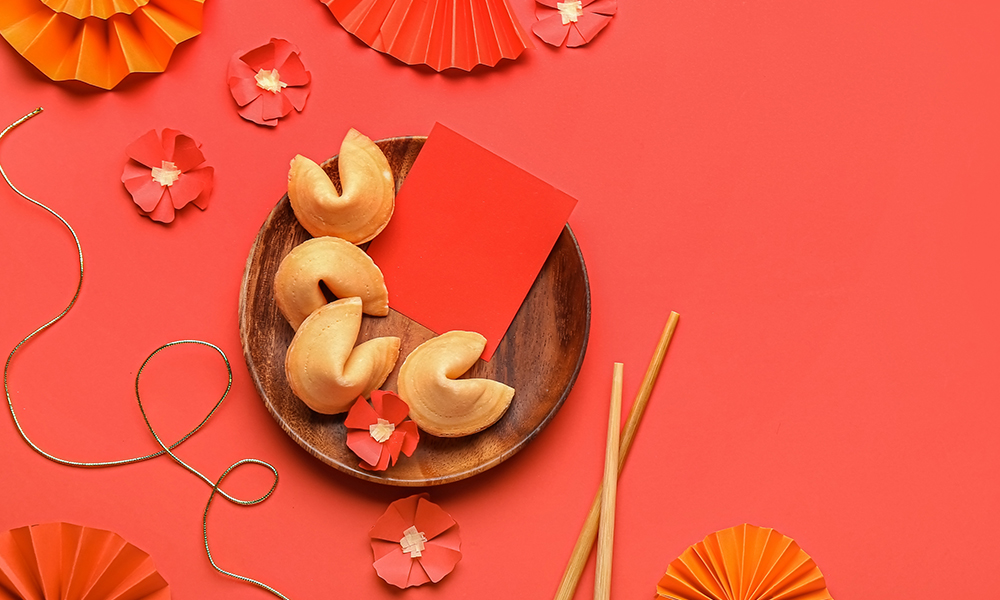
Key to understanding Lunar New Year superstitions are what the festival represents; the start of a new year and discarding of the past. The traditional belief is that what you do, or what happens to you, on the Lunar New Year serves as an omen for the rest of the year.
With that in mind, it is unsurprising to learn that one of the first taboos is sweeping the house on the first day of the Lunar New Year as it is said to be “sweeping away one’s wealth”. The more traditional of families believe it is also taboo to wash your hair or clothes on the first and second day for the same reason.
You are what you eat.
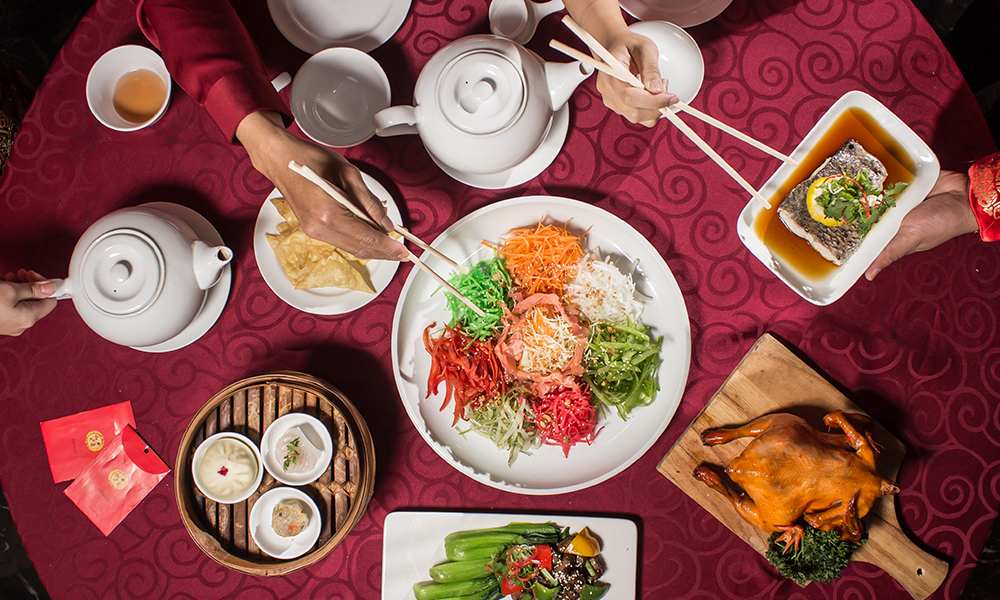
Just as a number of festive foods are meant to be symbolic of wealth, happiness, and togetherness, the Chinese believe that eating congee for breakfast on the Lunar New Year is a bad omen as it is the food of the poor and you don’t want to begin the new year with it. Instead, there are a wide variety of Lunar New Year dishes to try out.
Red and yellow is seen as auspicious colours for the Lunar New Year.
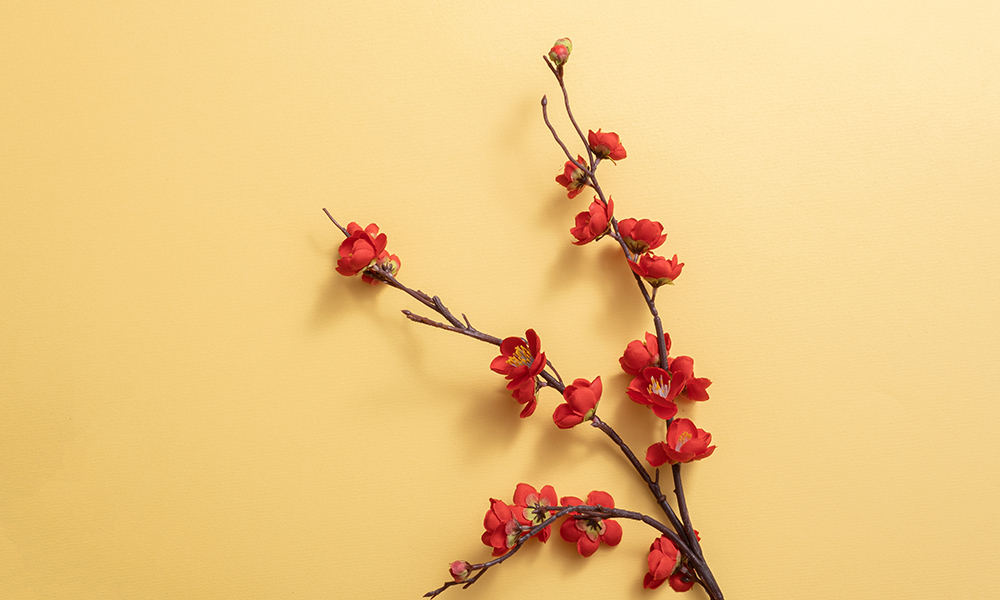
Just as red and yellow are seen as auspicious colours for the Lunar New Year, white and black are taboo as it is usually worn in funerals and associated with death and bad luck.
Cutting or washing your hair is seen as washing or cutting away your fortune.
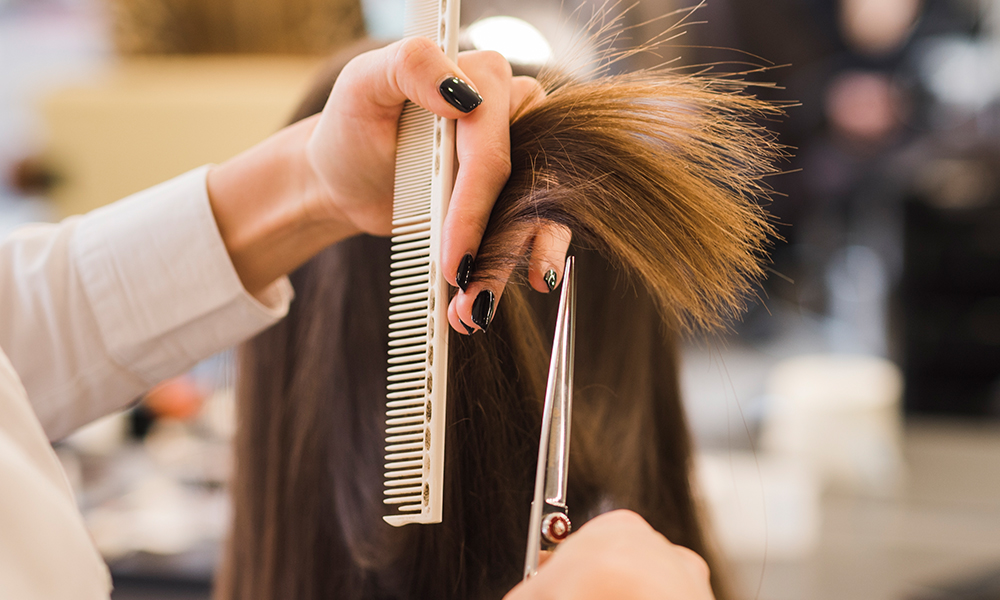
If you are planning to get your hair done, do it before the Lunar New Year as the Chinese character for ‘hair’ sounds the same as the word for ‘prosper’. Thus, washing your hair on the first day of the New Year is seen as washing your fortune away and cutting it off would mean a less prosperous year ahead.
Mind your language.
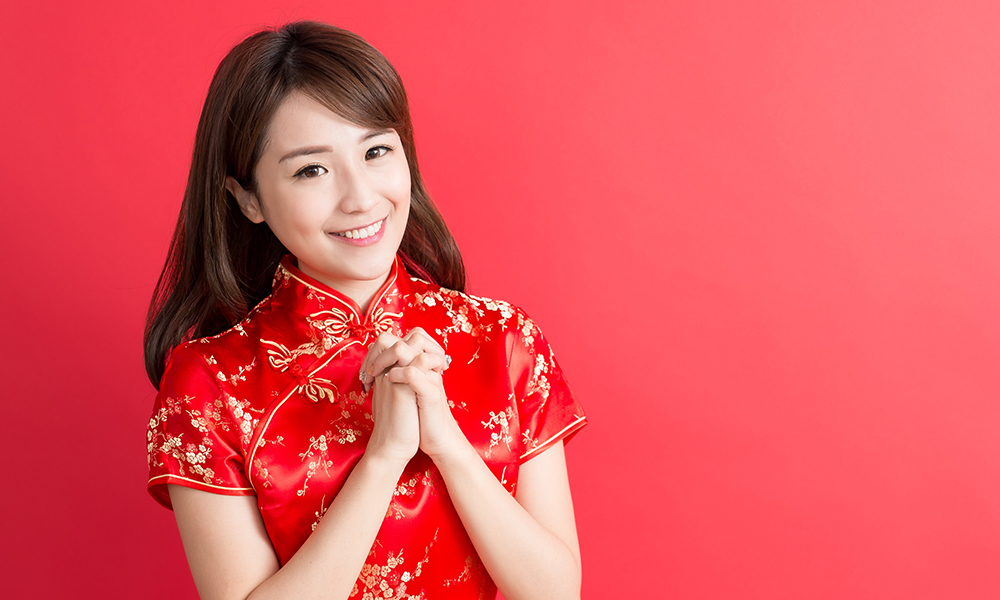
Besides being mindful of the formalities, you have to be mindful of your language during the Lunar New Year as speaking ill or harm of one another is believed to reflect back on you poorly for the rest of the year. Instead, it reflects well on you to be cheerful and congenial during this season.
Pay all your debts before New Year’s Day.
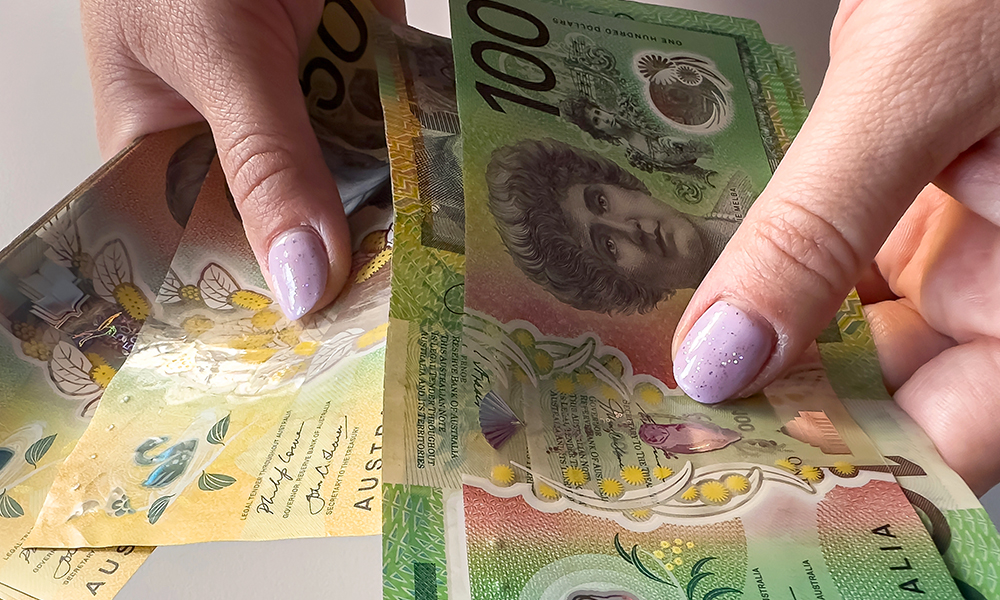
The belief is that if you start the year off owing money to someone else, then it is likely that you’ll end the year in debt as well.
It is auspicious to give out ‘ang pau’ (money packets) in even figures.
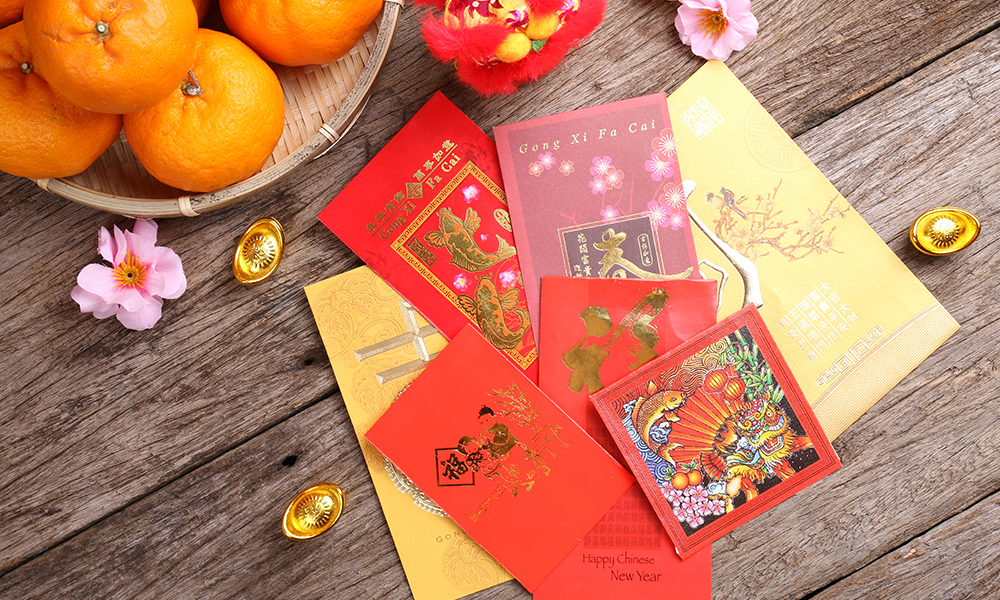
When giving out money to the younger generation, the elders would give out money in even figures as it is considered auspicious, particularly the number 8. The only exception to this rule is the number 4, which sounds similar to ‘death’ in Chinese.
Breaking kitchenware is considered bad luck.
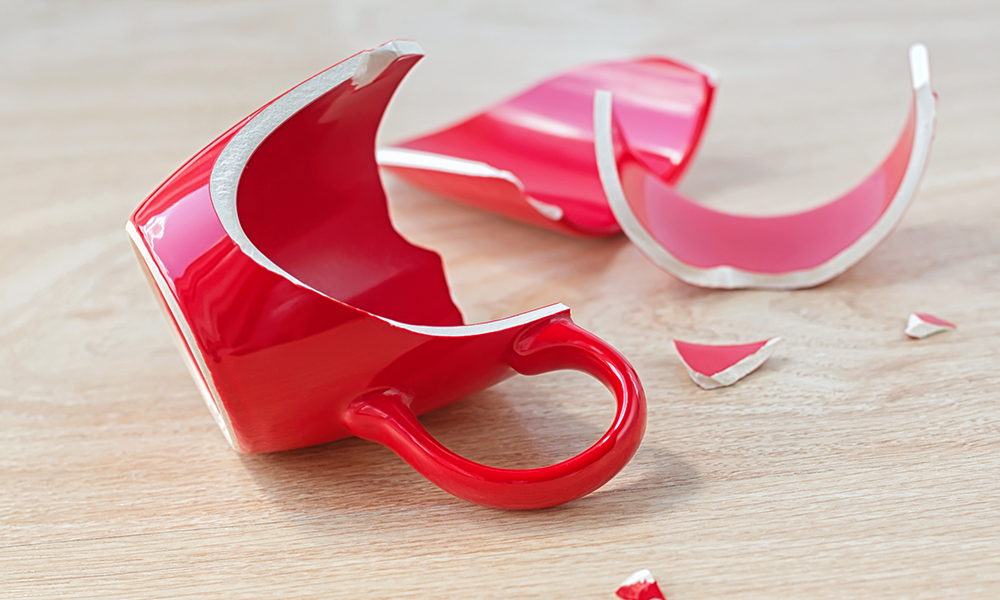
Breaking tools or kitchenware is also considered bad luck as these would usually indicate a loss of wealth or a broken year ahead, particularly if you are tradesperson who needs those tools for work.
So be mindful of these age-old traditions as to not offend your hosts or view it in an odd light this Lunar New Year.


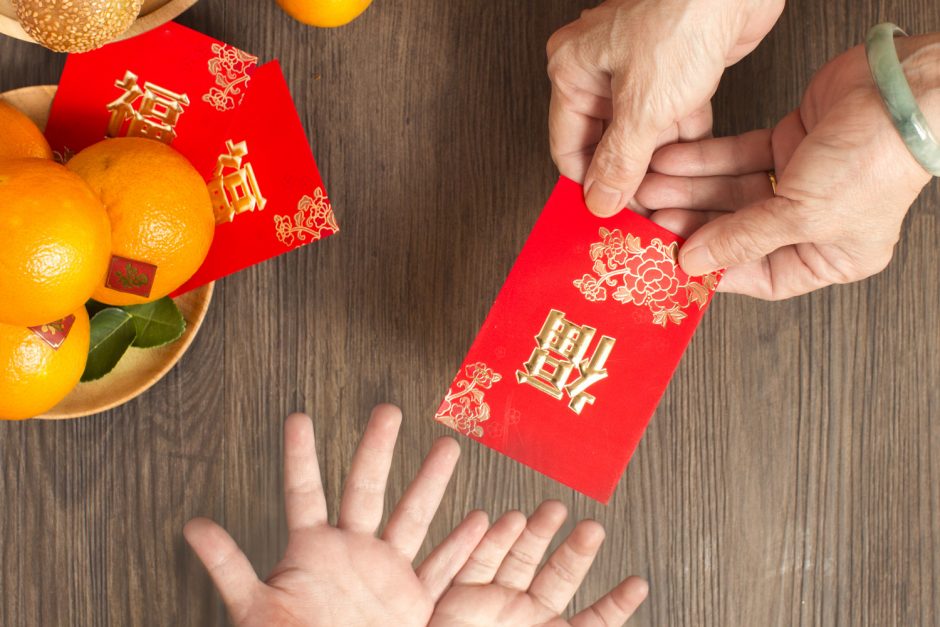

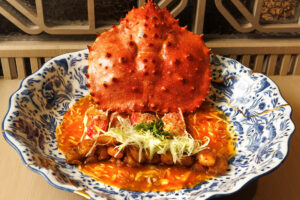

You must be logged in to post a comment.